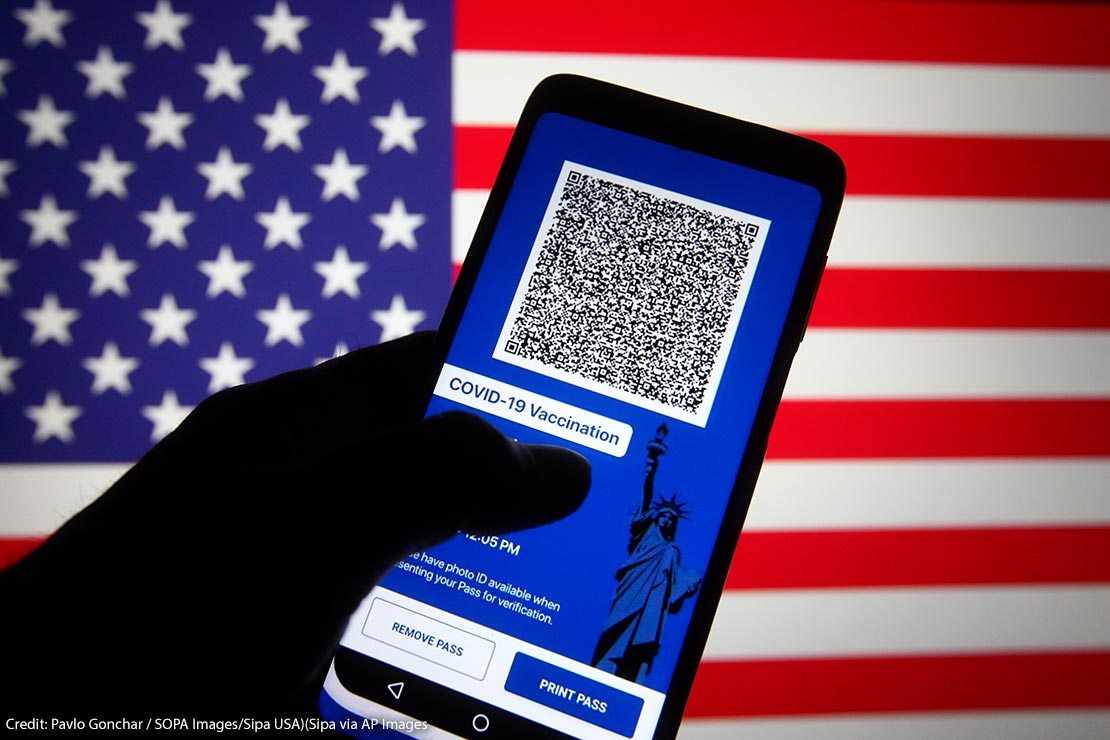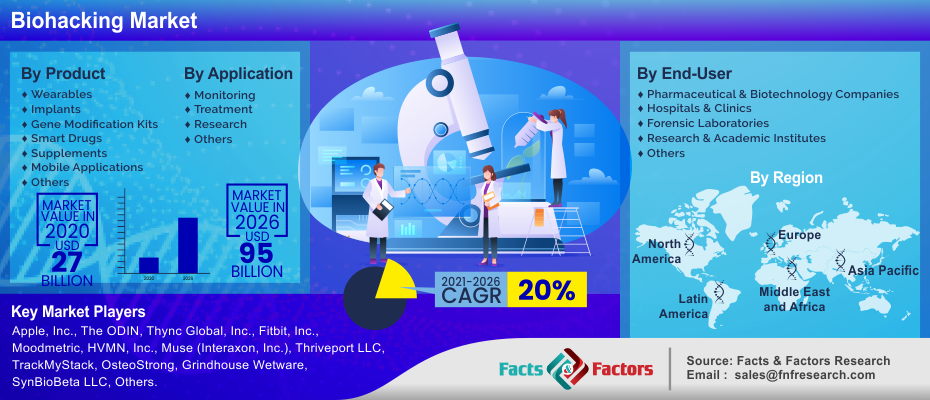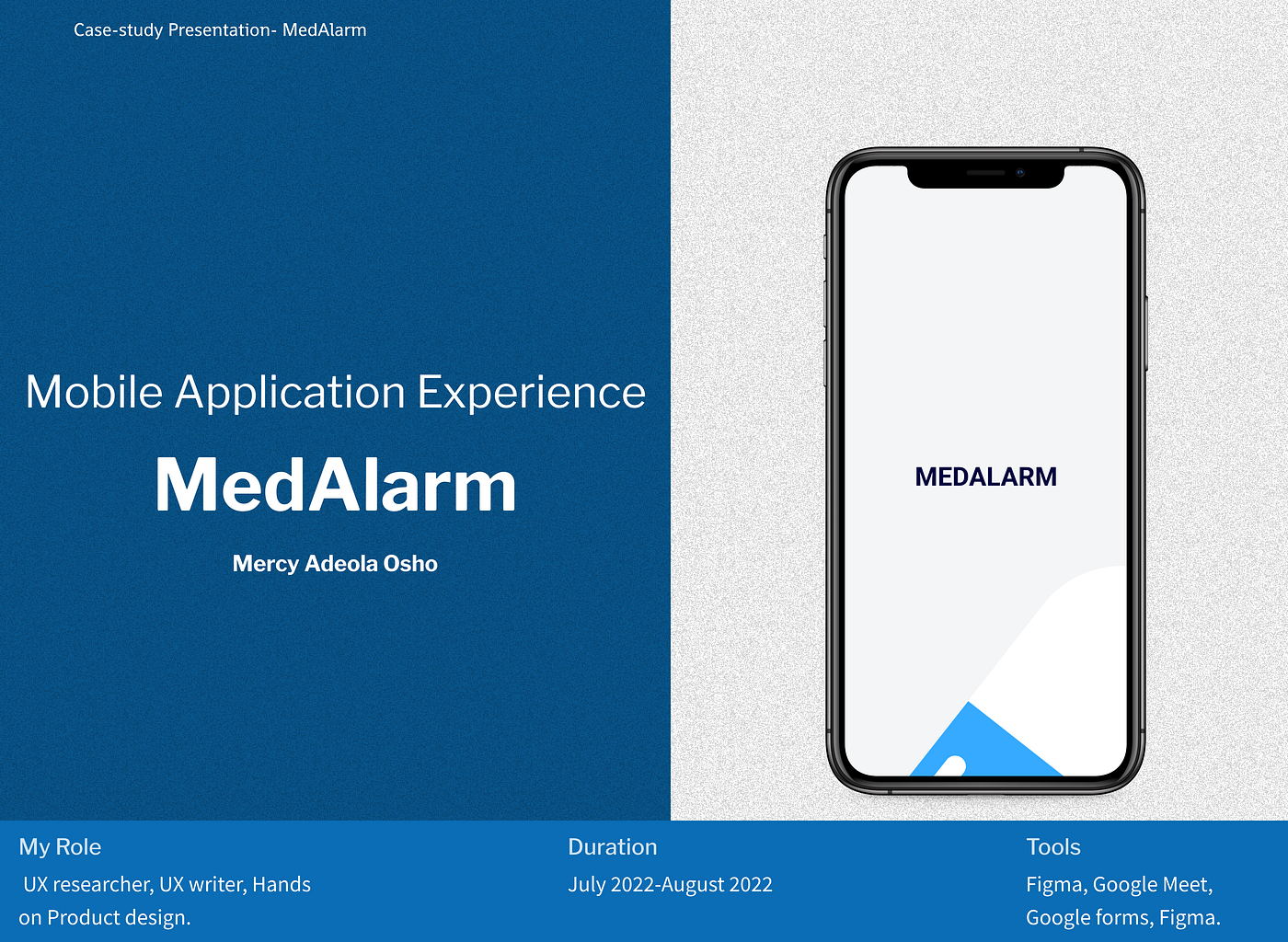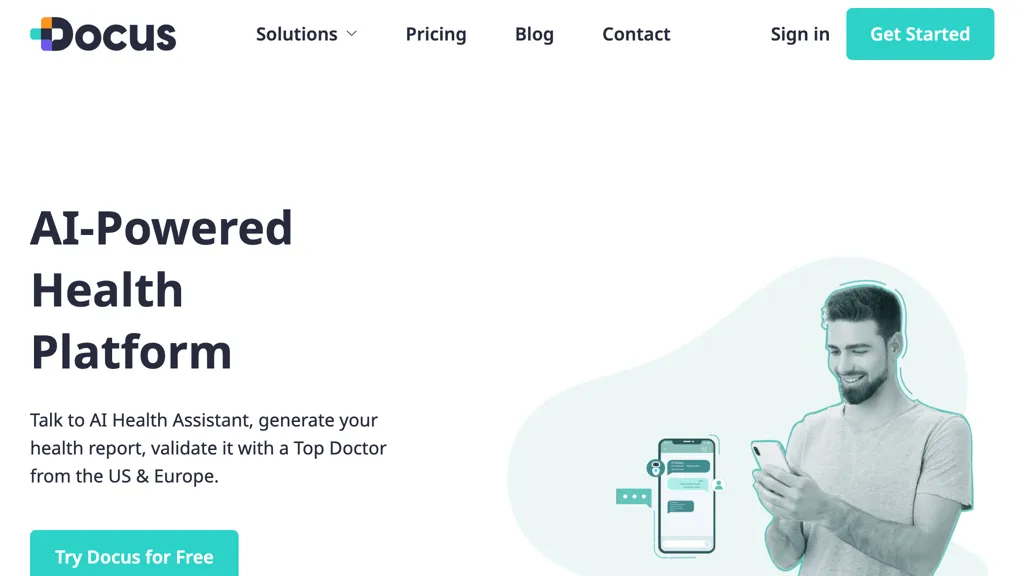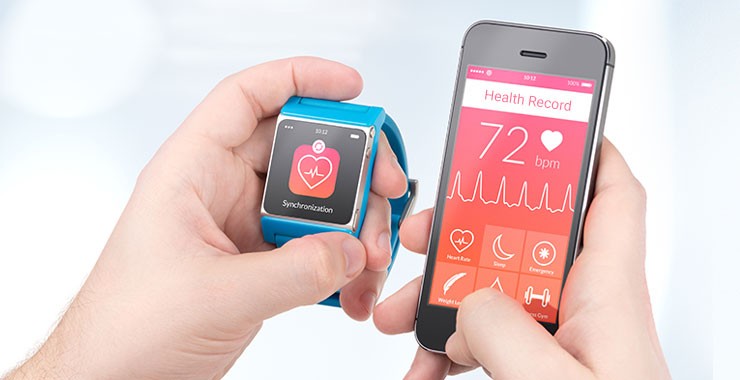
Revolutionizing Wellness: Wearable Health Technology

Revolutionizing Wellness: The Impact of Wearable Health Technology
Wearable health technology has transformed the way we approach personal wellness, offering innovative solutions that empower individuals to monitor and enhance their health. This article explores the diverse applications, benefits, and the future potential of wearable health technology.
A New Era in Health Monitoring
The advent of wearable health technology marks a paradigm shift in health monitoring. These devices, ranging from fitness trackers to smartwatches, are equipped with sensors that track various health metrics in real-time. Users can monitor their heart rate, physical activity, sleep patterns, and more, providing valuable insights into their overall well-being.
Fitness Tracking for an Active Lifestyle
Fitness enthusiasts and casual exercisers alike have embraced wearable health technology for its ability to track and analyze physical activity. These devices offer features such as step counting, distance traveled, and calorie expenditure, motivating users to set and achieve fitness goals. The real-time feedback encourages a more active and health-conscious lifestyle.
Health Metrics Beyond the Basics
Beyond fitness tracking, wearable devices delve into more advanced health metrics. Some smartwatches, for instance, can monitor blood oxygen levels, ECG readings, and even detect irregular heart rhythms. These capabilities enable users to proactively manage
